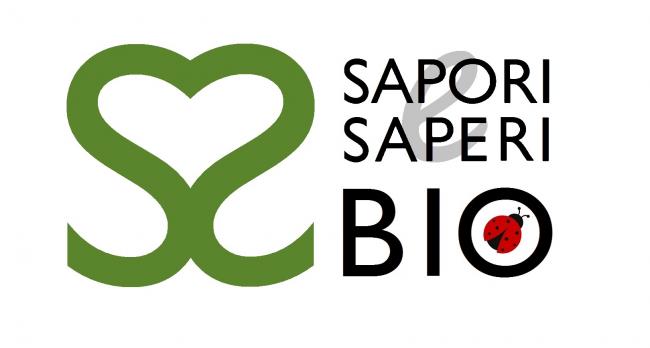Organic Flavors and Knowledge

The main goal of the project is to increase the competitiveness of horticultural products.
Specific objectives:
- give the product an added value;
- promote the identity (Genius Loci) and “narrative” of the product/territory in the context of the agricultural sector;
- implement the specifications and certifications related to the quality of productions;
These goals are strategic not only for the development of partner companies, but also for the entire sector.
Among the results, the following products were developed: detox vegetable juices, cauliflower preserves, dried Montoro copper onions, onion jam, I and IV range escarole, V range cabbages, and zucchinis. These experiments allowed for reducing toxins in the products, optimizing the typical characteristics of Campanian products, improving the preservation process, reducing caloric intake, optimizing packaging for longer shelf life, and creating gourmet dishes such as ready-to-use cauliflower and zucchini velouté.
In addition, the IoT technology tested in the project led to the development of a system capable of continuously monitoring field conditions and making informed decisions based on accurate data about crucial parameters such as soil humidity, temperature, and air quality.
Similarly, the multimedia technologies tested allowed for the acquisition of materials such as images, videos, and audio, which enables Digital Storytelling to share authentic stories about the farms, traditions, and values of sustainable agriculture.
Furthermore, the implementation of company protocols was essential for pursuing systematic and systemic product and process quality as well as the sustainability of all company activities.
Lastly, the creation of dissemination materials facilitated the spread of activities and the transfer of interdisciplinary knowledge acquired.
The project’s activities are:
- project coordination;
- the production of jams, juices, compotes, and dried from certified fresh vegetables, preserving their nutritional/nutraceutical value, and enhancing the shelf life of specific products through natural methods;
- the application of “Internet of Things” to track, and monitor products and parameters;
- technical follow-up regarding the creation, implementation, and diffusion of the procedural guideline of production, and the certification of products and processes consistent with environmental sustainability, food safety, and the ethic- systemic approach;
- testing and dissemination of activities and results.
The socio- economic context in which the Innovation Project (POI) has developed, consists in a culturally and productively valuable system.
In particular, the identified area is the Campania region, and it is characterised by:
- numerous horticultural companies;
- highly fertile soil;
- favourable climatic and pedological conditions;
- an efficient road network and services;
- numerous Producers Organisations primarily concerned with gathering supply (i.e. horticultural products);
- a considerable number of restaurants, craft enterprises, and processing companies;
- the notable presence of naturalistic and cultural attractions.
However, statistical data show several problems including:
- low competitiveness of fruit and vegetables;
- limited dimension of the UAA;
- price deflation at source;
- limited return on investment;
- limited investment in the environmental sector.
The primary vegetables included in the project are onions, artichokes, endive, courgettes, carrots, beans, and cabbages.
The proposed innovation pertains to three scientific areas: chemistry, electronics and technical science.
The chemical innovation concerns the extension of the shelf life of fresh produce by optimising packaging and preservation parameters (T, t, Ur). Low-calorie jams, with natural and hypocaloric sweeteners such as stevia, without metallic aftertaste, will be followed by juices with detox and highly vitaminic properties, stabilised through freezing or microwave. Finally, the preparation of dried and canned food ready for use, will ensure consumption with high nutritional and sensorial intake.
The implementation of Internet of Things technologies introduces the electronic innovation into the production process. The tracking and monitoring of the main parameters of the agricultural asset and its context will be carried out by resorting to a theoretical-experimental investigation, applied to a real but small- scale production. In particular, the parameters to be monitored, the necessary sensors, and their configuration will be defined. Technologies such as QR Code, will make it possible to contextualise and describe the product through multimedia content.
Technical innovation concerns the assistance in the preparation of production regulations and product and process certifications, inherent to an “systemic-axiological” approach to total quality.
The results of the present Innovation Project (POI) are:
- the increase in demand and plant production;
- the increase in the range of processed products to be placed on the market;
- the growth in company sales, and commercial channels;
- the enhancement of the manufacturing and environmental context;
- the increase in the regional organic UAA;
- the increase in the recognition of quality products;
- the growth in remuneration from productive and company modernisation;
- the growth in aggregation of companies and capacity building in the agricultural sector;
the increase in the services provided by the research community.
| Titolo/Descrizione | Url | Tipologia |
|---|---|---|
|
Sito web dedicato
|
Sito web
|